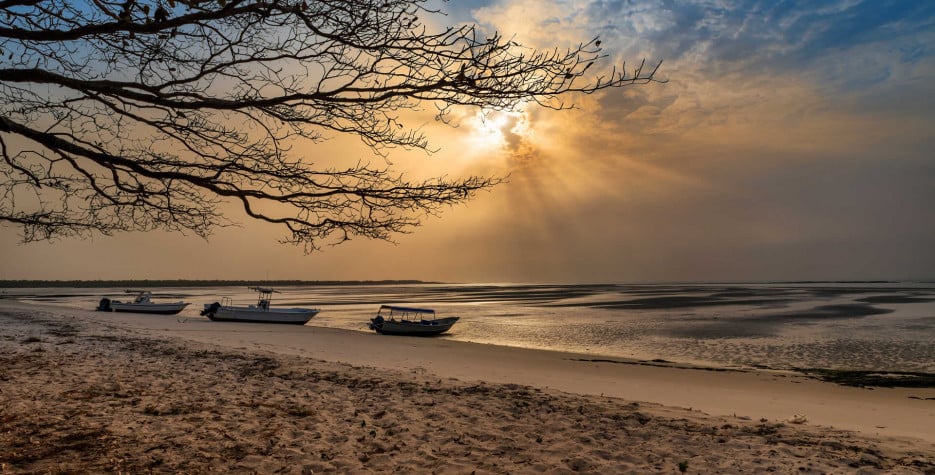When is Guinea-Bissau Independence Day?
Independence Day is a public holiday in Guinea-Bissau, observed on September 24th.
This is Guinea-Bissau's National Day and marks the unilateral declaration of independence from Portugal on September 24th 1973.
History of Guinea-Bissau Independence Day
The first European to venture to this part of West Africa was the Venetian explorer Alvise Cadamosto, who reached the area in 1455 as part of an expedition on behalf of the Portuguese.
The Portuguese then set up trading posts along the coast during the 16th century. These were important for the slave trade, but the Portuguese made very little effort to colonise or even explore the interior of the country until well into the 19th century. It wasn't until 1915 that the whole country came under Portuguese control.
Having been previously administered as part of the Portuguese Cape Verde Islands, Guinea-Bissau became the separate colony of Portuguese Guinea in 1879.
In 1956, Amilcar Cabral established the African Party for the Independence of Guinea and Cape Verde (PAIGC). At first, the PAIGC pushed for independence through peaceful means. In 1963, disillusioned by Portugal's use of force to suppress local demonstrations, the PAIGC launched a military campaign beginning the war of independence.
By 1973, the PAIGC controlled about two-thirds of the country and despite Cabral's assassination in January 1973, Guinea-Bissau declared itself an independent republic on September 24th 1973.
Did you know?
The capital of Guinea-Bissau is Bissau. The name of the capital was added to the country name to distinguish it from nearby Guinea and Equatorial Guinea.
This and other revolutions in Portuguese territories led to the Carnation Revolution in Portugal in April 1974, when the dictatorship was overthrown. The new Portuguese government then started discussions with overseas territories leading to the formal recognition of Guinea-Bissau's independence on September 10th 1974, with Luis Cabral, Amilcar Cabral's brother, becoming president.
Did you know?
Contrary to what you might expect, residents are called 'Bissau-Guineans', not 'Guinea-Bissauans'.


